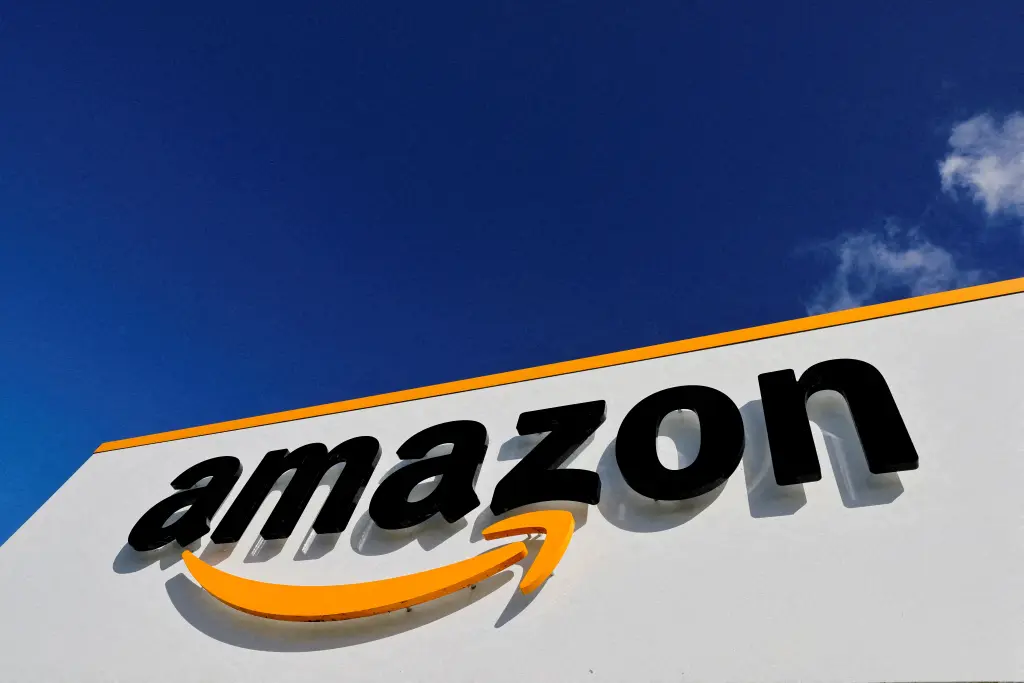
EU competition watchdog set to block Amazon's $1.7B iRobot acquisition, citing concerns over reduced competition. iRobot shares plummeted 40%. (Reuters)
The European Union's competition watchdog is set to reject Amazon's proposed acquisition of iRobot, the maker of robot vacuums, according to sources familiar with the matter as reported by The Wall Street Journal on Thursday.
Following the news, shares of iRobot, known for its popular Roomba vacuum, experienced a significant drop of 40% to $14 after the closing bell.
Representatives from Amazon engaged in discussions with officials from the European Commission on Thursday, where the deal's potential antitrust implications were examined. The European Union had set a deadline of January 10 for Amazon to address concerns about the impact of the acquisition on market competition, particularly in relation to reinforcing Amazon's dominance in the e-commerce sector.
However, sources indicate that Amazon did not present any solutions or remedies during the meeting, leading to a heightened likelihood of the deal facing rejection. The Wall Street Journal reported that Amazon was informed during the discussions that the proposed acquisition was on track for denial.
Amazon has refrained from providing official comments on the report.
Matt Schruers, President of the Computer and Communications Industry Association, a technology lobbying group, expressed skepticism about the potential rejection, stating, "If the objective is to have more competition in the home robotics sector, this makes no sense." He added that blocking the deal could limit consumer options and emphasized the importance of acknowledging this potential consequence.
Amazon had initially revealed its intention to acquire iRobot in August 2022. The acquisition was viewed as a strategic move by Amazon to expand its range of smart devices, which already included the popular Alexa voice assistant, smart thermostats, security devices, and wall-mounted smart displays.
The European Commission, acting as the competition watchdog for the EU, was given until February 14 to make a final decision on whether to approve or reject the $1.7 billion deal between Amazon and iRobot. The anticipated rejection underscores the growing scrutiny and regulatory challenges faced by major tech companies in their pursuit of strategic acquisitions.















